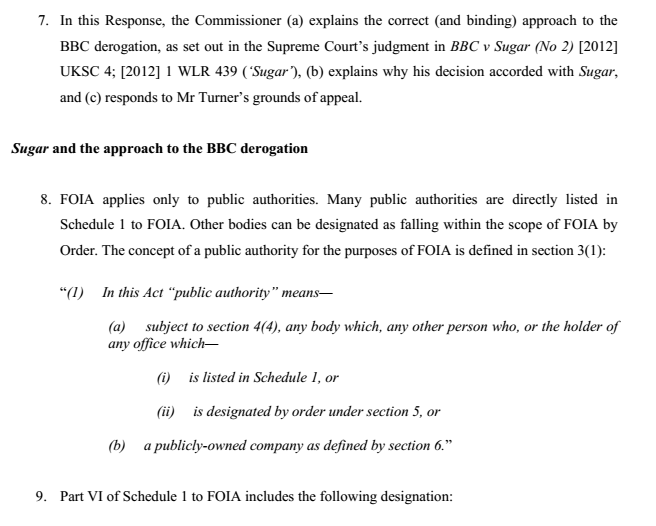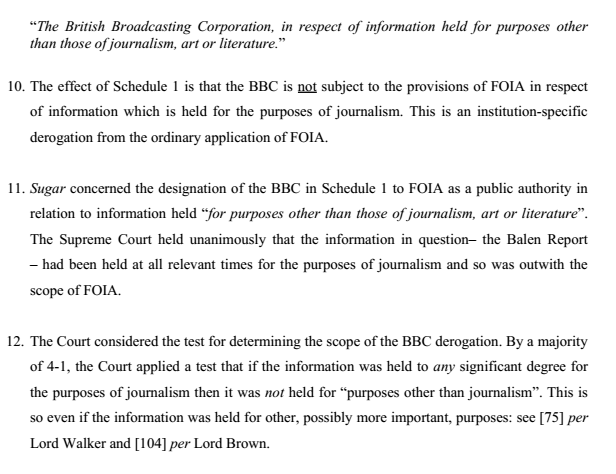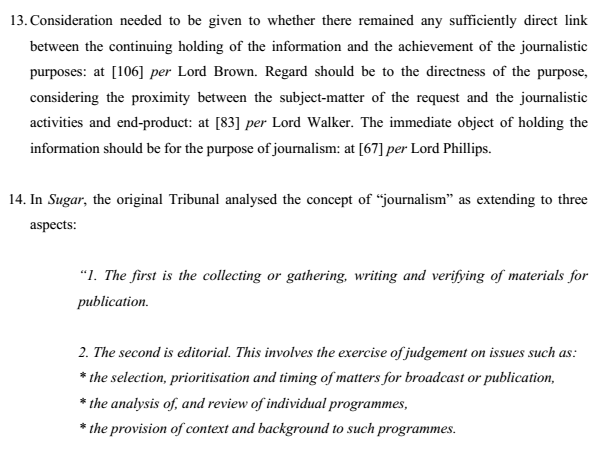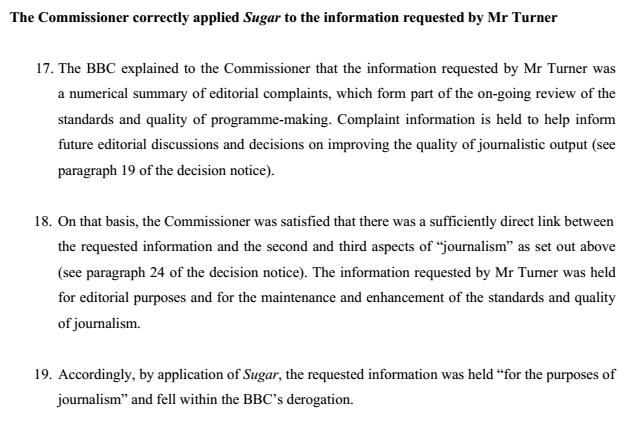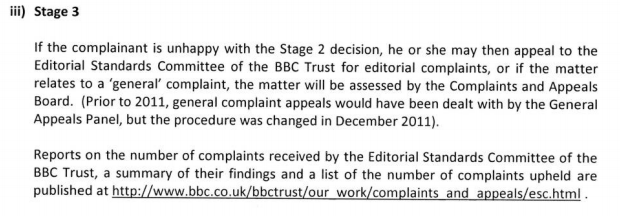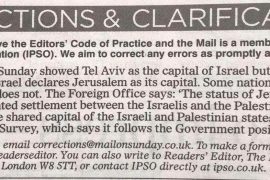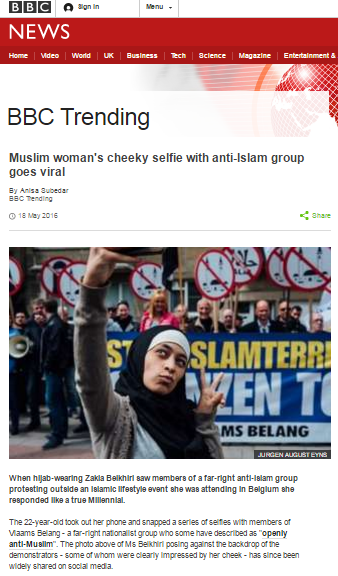• How many complaints were made to the BBC over the last 5 years on a year by year basis?
• How many complaints were upheld (i.e. the BBC makes a correction) on a year by year basis?
• How many complaints were rejected by the BBC (i.e. no corrective action taken)?
Whilst none of the questions above may seem particularly controversial, the BBC refused to answer them when, in April 2013, they were presented by Mr Neil Turner – as previously explained in this article – as a Freedom of Information Act (FOIA) request. What followed over the next twelve months will be of considerable interest to the many readers whose expressions of frustration with the BBC’s labyrinthine complaints procedures drop into our inbox every day.
With the BBC having refused to answer the questions above posed by one of its licence fee payers, Mr Turner asked his Member of Parliament for help in retrieving the information from the BBC’s director general Tony Hall and chair of the BBC Trust Chris Patten. But despite the MP’s significant help, that request was also unsuccessful, as were further communications Mr Turner then made to BBC executives.
The BBC’s refusal to release the requested information under the terms of the Freedom of Information Act cited a clause with which those familiar with the decade-long story of the Balen Report will be only too familiar: it claimed that the BBC was not required under the terms of the FOIA to respond to Mr Turner’s questions, because the corporation is only subject to the FOIA “in respect of information held for purposes other than those of journalism, art or literature.”
In other words, the same claim used for the last decade to prevent publication of the Balen Report was again employed to avoid providing the information requested by Mr Turner.
In July 2013 Mr Turner contacted the Information Commissioner with regard to the BBC’s refusal to answer his questions under the FOIA, but the Commissioner backed the BBC’s stance, again citing the “journalism, art or literature” clause – as explained in the parts of the response reproduced below.
Mr Turner’s subsequent appeal to the Information Commissioner also upheld the BBC’s stance. His approach to the Information Rights Tribunal in November 2013 was followed in March 2014 by a surprising about-turn in the BBC’s position and a letter from the BBC’s Litigation Department which included the information below.
Despite this provision of previously withheld information to him personally, Mr Turner maintained that the purpose of the FOIA is to make information available to the public at large rather than just to interested individuals. A week later, Mr Turner was informed by the BBC that should he not withdraw his appeal, he would be pursued for the corporation’s legal costs. As a private citizen without professional legal backing, Mr Turner had no choice but to comply.
This case – in particular given the BBC’s sudden change of stance – of course once again raises questions about the BBC’s use of the “journalism, art and literature” clause of the FOIA, as indeed does the continuing Balen Report saga.
In part two of this article we will look at what the information provided by the BBC tells us about its complaints procedure.

